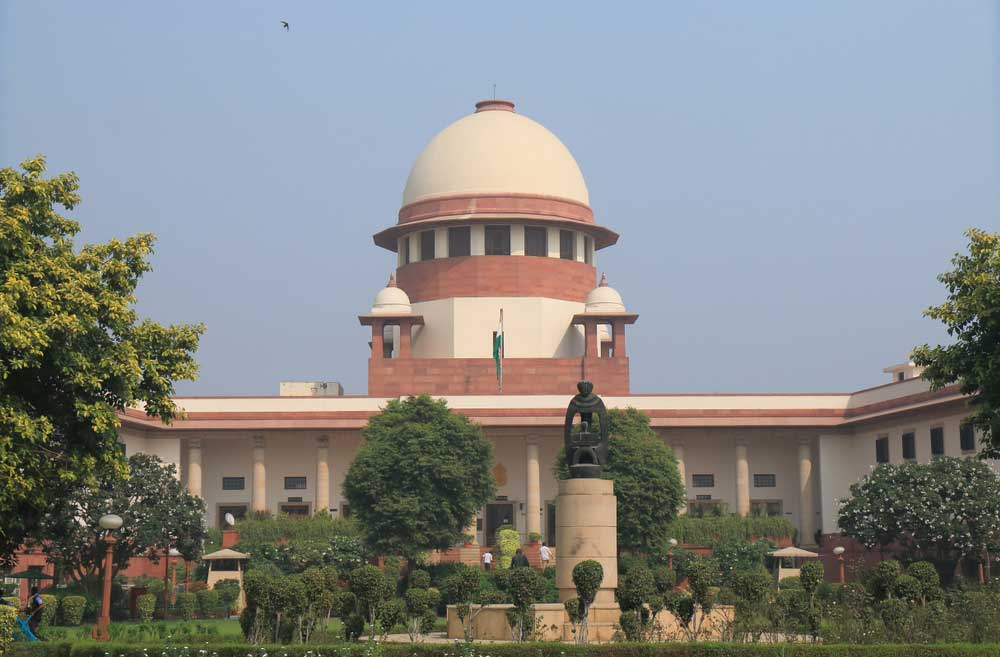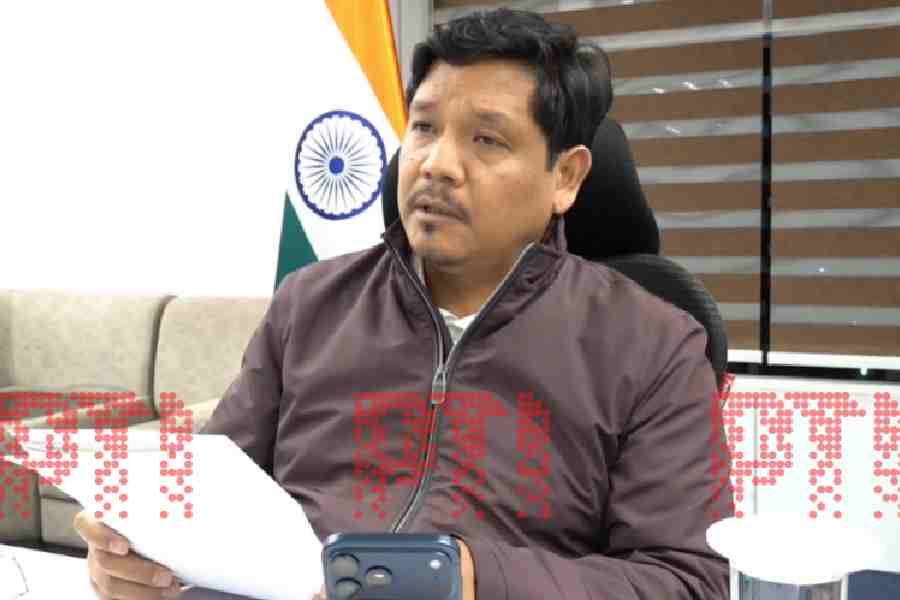The Congress on Wednesday said the Supreme Court’s interim order nullifying a possible party whip that thereby provides 'blanket protection' to Congress rebel MLAs who betrayed the public mandate sets a 'terrible judicial precedent'.
The apex court, ruling on the Karnataka political crisis, said 15 rebel Congress-JD(S) MLAs 'ought not' to be compelled to participate in the proceedings of the ongoing session of the Assembly and should be given the option of either taking part or staying out of it.
In all 16 MLAs - 13 of the Congress and three of the JDS have resigned. Fifteen MLAs had approached the apex court.
The bench headed by Chief Justice Ranjan Gogoi said Karnataka Assembly Speaker K.R. Ramesh Kumar will decide on the resignation of the MLAs within the time frame considered appropriate by him.
Congress chief spokesperson Randeep Surjewala said in a series of tweets: “SC's order nullifying the whip & by extension, operation of Constitution's Xth Schedule to punish MLAs betraying the public mandate, sets a terrible judicial precedent!' He wrote that the 'blanket protection to MLAs, who are driven not by ideology but by far baser concerns, is unheard-of' and wondered whether the verdict means the court can interfere with the working of the state legislature by deciding when a whip will be enforced and whether the basic structure doctrine of separation of powers had been abandoned.
The 10th Schedule of the Constitution says that a member of a House belonging to any political party shall be disqualified for being a member of the House “if he has voluntarily given up his membership of such political party” or if he “votes or abstains from voting… contrary to any direction issued by the political party to which he belongs”.
The anti-defection law ceases to hold when legislators of a particular party “merge” with another party. But regarding this, Schedule X defines that a switch to another party will be deemed a merger “if, and only if, not less than two-thirds of the members of the legislature party concerned have agreed to such merger”.
In such a case neither the legislators who chose to merge, nor those who decided not to merge with another party are disqualified from the House.
Immediately after the order, both the Congress-JDS alliance and the BJP claimed moral victory.
As many as 16 MLAs have resigned and Independent MLAs S. Shankar and H. Nagesh have withdrawn their support to the coalition government.
The ruling coalition's strength in the House is 117-- Congress 78, JD(S) 37, BSP 1 and nominated 1 - besides the Speaker.
With the support of the two Independents, the BJP has 107 MLAs in the 225-member House.
If the resignations of the 16 MLAs are accepted, the ruling coalition's tally will be plummet to 101, reducing the 13 month-old H.D. Kumaraswamy government to a minority.
But the Congress may still have an arrow in its quiver. The anti-defection law does not set any time frame for the House presiding officer to act, a point that Karnataka Speaker Ramesh Kumar challenged earlier when the apex court set a deadline for him on deciding the resignations. The Speaker’s action is open to judicial review, but s/he has to act first.
Ramesh Kumar has not acted on the resignations of the 16 MLAs, nor has he started any process to disqualify them.
The Supreme Court in its interim order today allowed the Speaker time to decide on the resignations and requested him to be reasonable.
'Such an interim exercise has become prudent in view of certain time-frame exercise(s) that is in the offing in the Karnataka Legislative Assembly, particularly, the no-trust motion against the present government, which we are told is due for being taken up on July 18, 2019,' the bench said.
'We also take the view that in the present case, the discretion of the Speaker while deciding the issue should not be fettered by any direction or observation of this court and the Speaker should be left free to decide the issue…,” it said.
What happens to chief minister’s H.D. Kumaraswamy’s trust vote on Thursday - whether it happens at all - is a matter of speculation.
The rebel MLAs have said they will not withdraw their resignations and will not attend the Assembly.
With inputs from PTI










